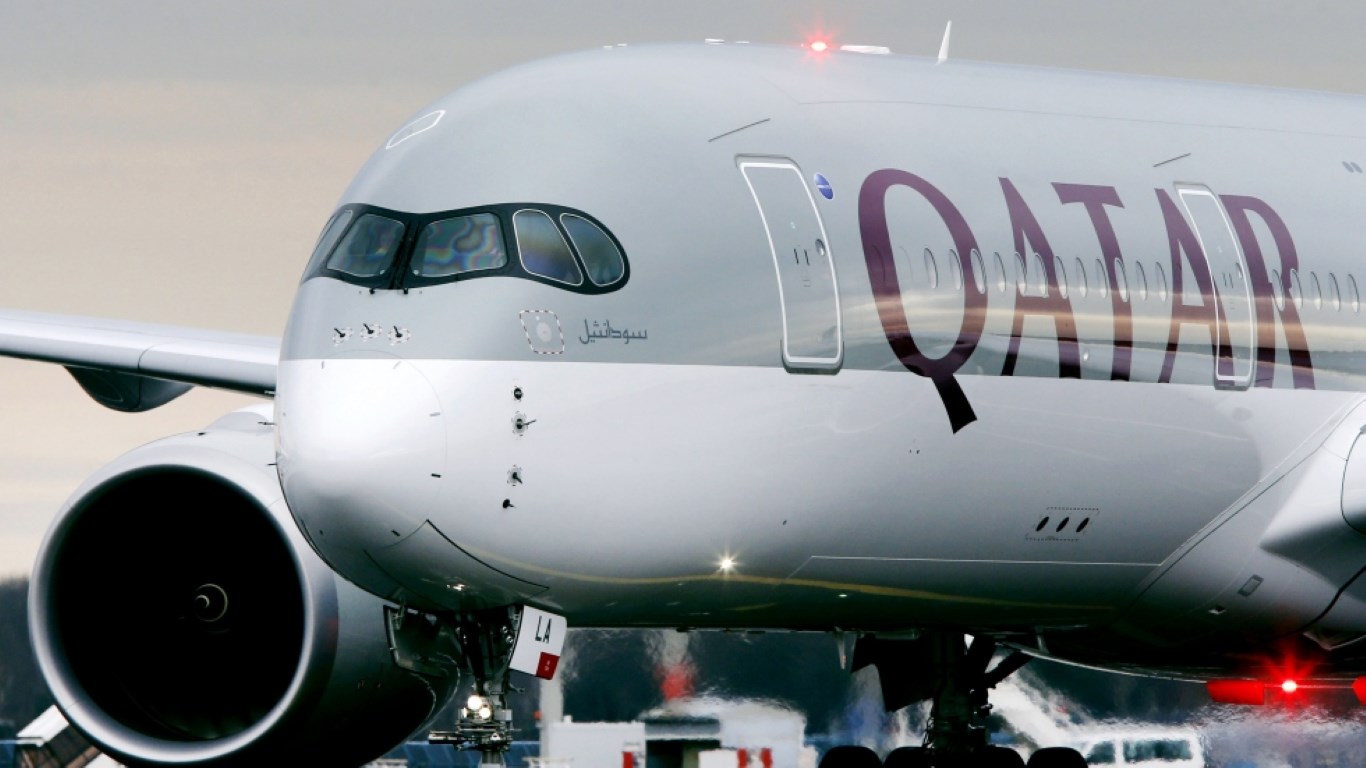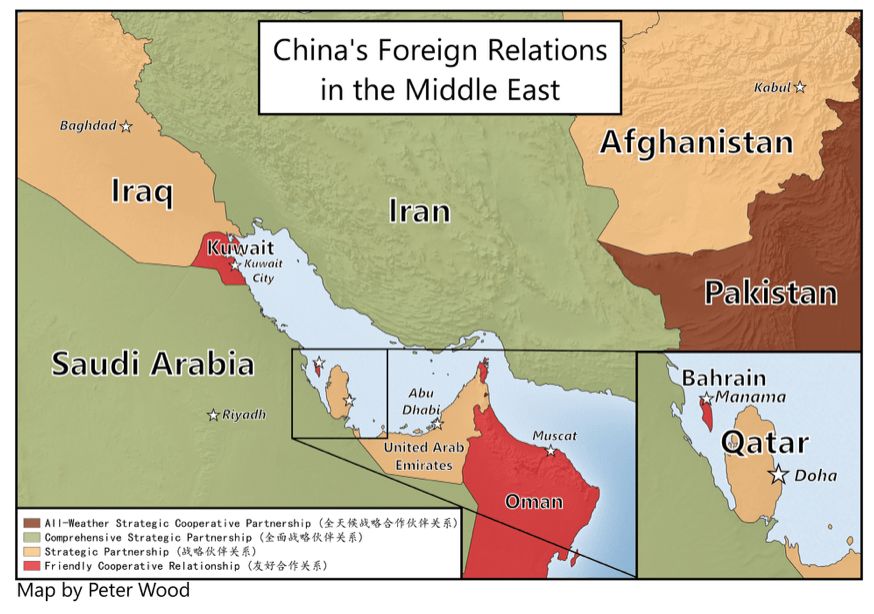Qatar Airways buys stake in China Southern Airlines
January 4, 2019 | Expert Insights

Qatar Airways has acquired 5 per cent of China Southern Airlines as part of the carrier’s strategy to invest in robust airlines around the world. The acquisition seeks closer cooperation and a long-term relationship beyond stake transaction.
Background
Qatar is currently a strategic ally of China, with the relationship between the two countries growing stronger. On an official level, the two countries established relations in July 1988. A draft agreement stipulating the annual importation of 2.5 million tonnes of LNG from Qatar was signed by China in January 1995. Qatar is the second-largest natural gas provider to China, supplying more than 20 per cent of its needs. Qatar Petroleum, the country’s state-owned oil and gas company, has joint ventures with several Chinese counterparts, including exploration, production, and refining projects in Qatar and China.
Qatar became the first Middle Eastern country to open a Chinese Renminbi clearing facility in 2015, doing so as a means to advance economic relations. China and Qatar formally agreed to cooperate in counter-terrorism measures in September 2017. China surpassed the US to become the biggest exporter of goods and services to Qatar in 2018, while Qatar’s exports to China surged by more than 60 per cent. China’s share of Qatar’s total trade rose by 27 per cent during the same period. Furthermore, China is extensively involved in the infrastructure boom in Qatar. Qatar chose China Railway Construction Corporation to help build the $45 billion Lusail Stadium, an 80,000-seat arena that is meant to host the opening and final games of the 2022 World Cup finals.

Analysis
Qatar Airways said that it had acquired a 5 per cent stake in China Southern Airlines, as it seeks to establish itself in the Asian aviation market. The state-owned airline said in a statement that the deal was part of its “strategy to invest in the strongest airlines around the world,” but did not specify the cost of the transaction.
China Southern Airlines is one of China’s “big three” carriers. The Doha-based carrier announced that it had acquired certain A and H shares in China Southern Airlines for an undisclosed sum on December 28 last year, cementing its interests in the second biggest aviation market in the world.
Qatar Airways has built up significant stakes in foreign carriers. The Gulf carrier, fully owned by the Qatari government, already has a 9.99 per cent stake in Hong Kong’s Cathay Pacific Airways and in a number of others including a 20 per cent stake in British Airways’ parent International Airlines Group, 10 per cent in South American carrier Latam and 49 per cent of Air Italy.
“This is another product of the central government’s support for SOE mixed ownership. Chinese carriers want airline partners that will offer more than cash and code-shares,” said Hong Kong-based aviation analyst Will Horton. “What Chinese airlines want is to learn from experience and have airline contacts they can call on for help from the mundane to the big-level thinking.”
China Southern is growing its hub, carrying passengers from Europe and the United States to Australia via Guangzhou and attempting to act as a key stopover for international flights into mainland China. The airline is plotting a major expansion, thanks to extra capacity built in Guangzhou and after it moves to its new home in Beijing when Daxing Airport opens later in the year.
“There are opportunities for us to work together and build a long-term relationship in ways that would bring benefits to customers of both airlines,” Qatar Airways CEO Al Baker said, noting China’s domestic travel market was “important” to have a foothold in. Ali Shareef Al Emadi, chairman, Qatar Airways said, “Qatar Airways regards our shareholding in China Southern Airlines as an important part of our strategic investment in the largest airline in one of the world’s fastest growing aviation markets.”
The latest deal comes as Qatar seeks new partners and routes for the national airline due to an ongoing diplomatic dispute in the Gulf. Since June 2017, Qatar has been politically and economically isolated regionally by Saudi Arabia, the United Arab Emirates and Bahrain. These countries continue to impose a blockade, after accusing Doha of supporting terrorists and Saudi Arabia’s Shiite arch-rival Iran. Qatar denies these charges.
Assessment
Our assessment is that the aviation deal follows warming relations between Doha and Beijing. It is likely that the relationship will continue to deepen due to interdependence for energy, investments, security cooperation and Qatar's support for China's One Belt One Road policy. We feel that Qatar’s boycott by the Arab countries has forced it to restructure its policies, strengthening its relationship with Asian countries.








Comments